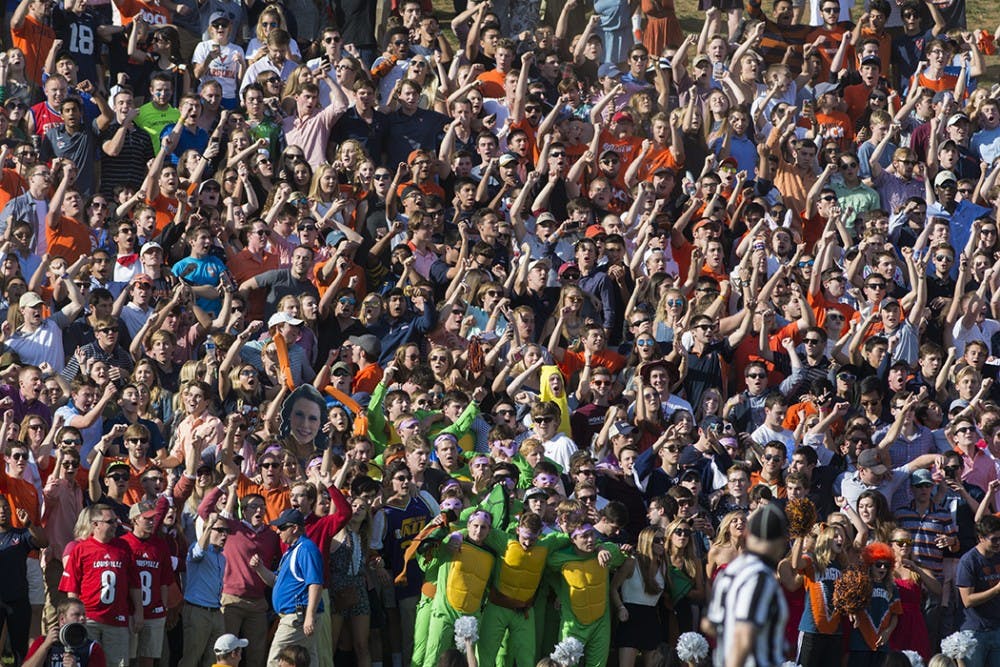We are now deep in March Madness, a time when friend and foe alike can bond over busted brackets and amazing buzzer-beaters. My favorite sporting event of the year, it is a huge tournament that has become incredibly popular. It includes storied traditions like improbable upsets, crazy fans and the deep confusion that a billion dollar tournament pays its players exactly zero dollars.
Recently, The Cavalier Daily’s editorial board published an article arguing that, apart from being redundant in light of the generous scholarships awarded to athletes, paying players would erode the educational aspect of the college experience. The board makes compelling points, but ultimately their argument fails to address the fundamental unfairness of the current system.
I find the debate about paying players to be particularly interesting because colleges pay other students to perform various services all the time. The University has numerous websites devoted to helping students find paid positions at the University. If a student can be paid as a yoga instructor or intramural referee, why can’t a student be paid to represent the University, winning the school fame and fortune in the athletic arena? Even within the University’s own athletics program students are paid. Like any other student-work position, athletes are providing a service for the University. To refuse to give them even a meager wage is an odd form of discrimination.
What is often forgotten from this debate is the fact that many college athletes are paid — in the form of scholarships. These scholarships can cover up to full-tuition, room and board. No one debates the fact these scholarships ought to be given. By any definition this uncontroversial transfer of goods and services counts as payment. However, as soon as anyone mentions the idea that payment ought to be in the form of a stipend or an hourly wage, it’s as if someone suggested that Virginia Tech might be better than the University at basketball. Blasphemy. It is also worth noting that the players are paid at most $70k per year, which is far less than the value they create for the school.
This aversion simply does not make logical sense. To say that one transfer of money ought to be allowed but that another compromises the integrity of the whole institution is unintuitive, at best. At worst, it is a clever scheme by institutions that want to retain as much profit as possible. The truth is probably somewhere in the middle, where the difference is an arbitrary, illogical distinction which has somehow lodged itself in popular culture. Even the editorial board’s article made the head-scratching claim that, while students shouldn’t be paid, they could “receive supplemental resources to cover living expenses.” If someone could explain to me the difference between payment and receiving resources to cover expenses, I would be very appreciative.
Once the reasonableness of paying players has been established, the next objection has to do with “institutional integrity,” “educational value” and whatever other positive buzzword jumps to mind. If athletes were choosing schools based solely on what would give the best educational experience, the Ivy League would be the best in the country. However, that is clearly not the case. Especially with major sports like football and basketball, the recruitment process can be far more about coaching, playing time and scholarships than potential majors or student to professor ratio. This is not to say that academics do not play a role in recruiting — they absolutely do. To claim paying players would damage the honor of your school is to view the situation with rose-colored glasses, prioritizing so-called “scholarly purity” while ignoring the real issues which accompany the situation.
Connor Fitzpatrick is a viewpoint writer for The Cavalier Daily. He can be reached at opinion@cavalierdaily.com.





